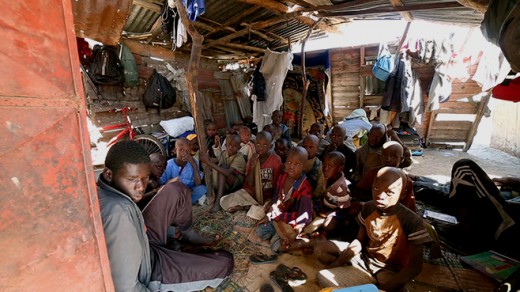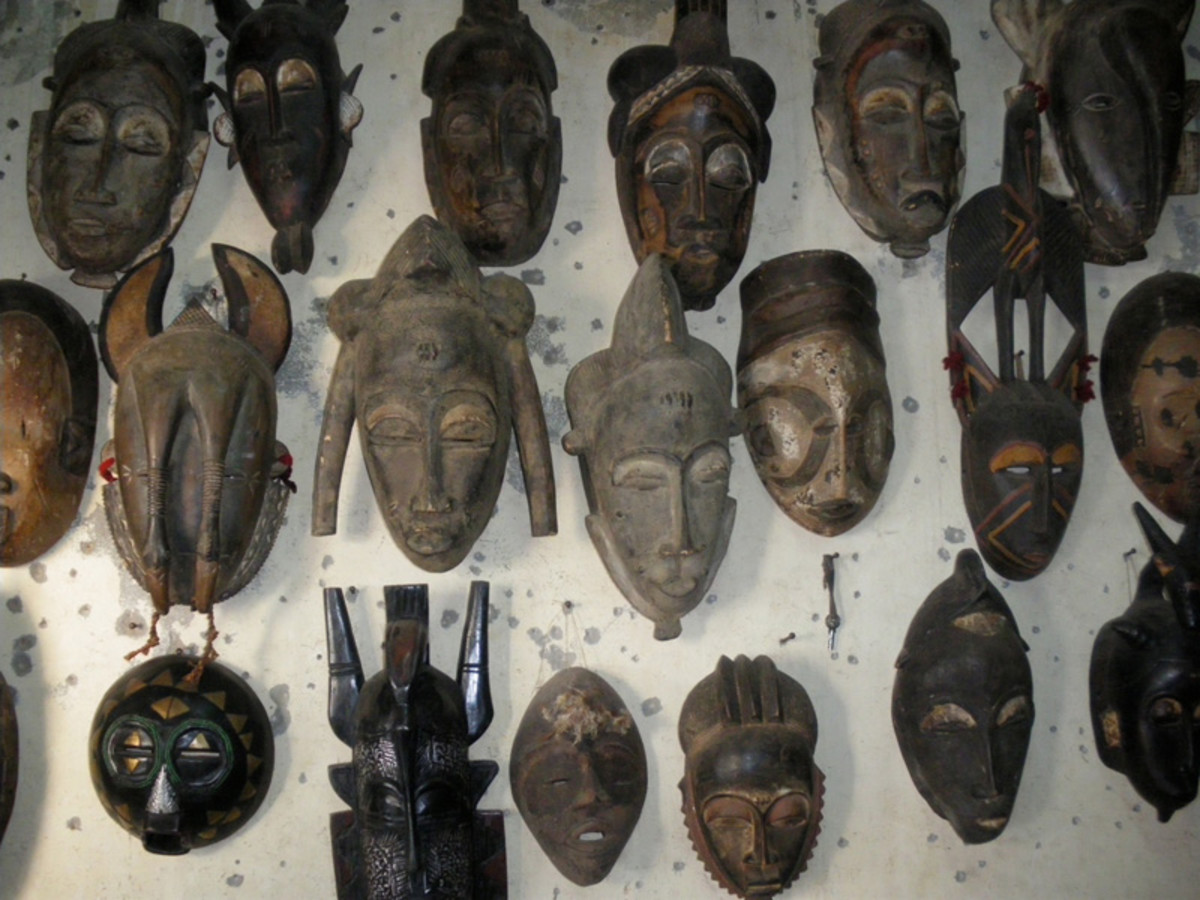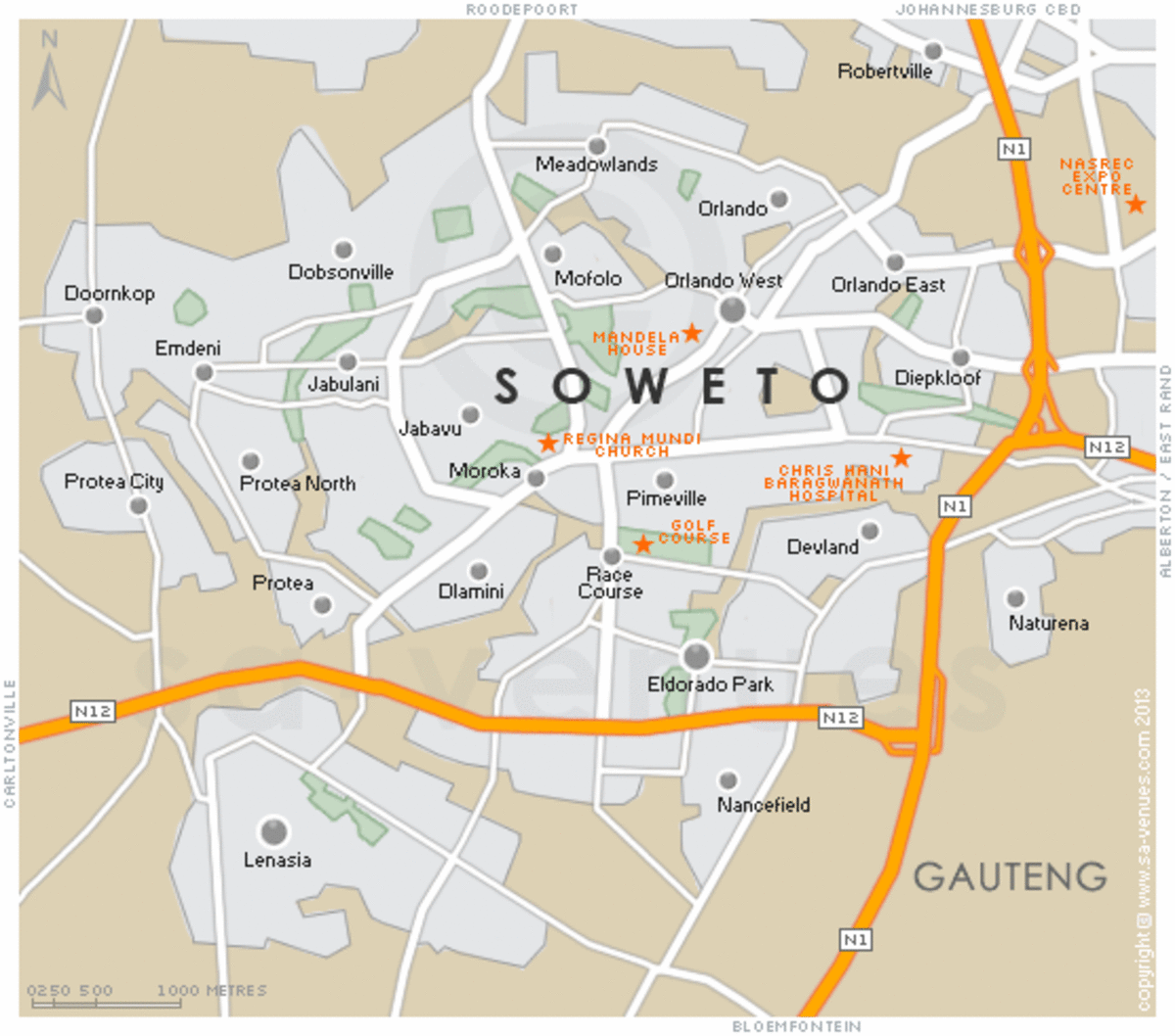The Plight of the Talibé Children

Talibé is a French-influenced word which comes from the Arab word Talib, or a quest for knowledge. Young boys who learn the Koran at daaras, Senegalese religious schools, Talibés exist both in a traditional sense and in a modern sense which is substantially more exploitive, although both rely extensively on begging. In the traditional sense, begging was used by Talibé students to provide for their basic necessities, as they studied under a marabout (Islamic religious leader); in the present, it is often an excuse by charlatans and the more unscrupulous marabouts to have forced beggars who collect money for themselves. This sad fate for these children is compounded by extensive physical and even sexual abuse, in a practice which looks unlikely to stop soon.
History
Talibés and their Darra schools did not but recently spring into existence. Darra Koranic schools have existed for a long time. Boys were sent to these schools to learn the Koran under a marabout, but they also had to work to pay their own way; families sent them there without monetary support. In traditional Senegalese society, Darras were located in the countryside, with the majority of the Senegalese population. Here, Talibés were put to work farming, despite their young age (the typical age was 3-15/18 for Talibés), which produced most of their food. However, they did not produce the entirety of their own sustenance; after all, food can only be grown during a few months of the year. The result is that Talibés would also engage in a certain amount of begging, to help make up for their deficit of food. Islam holds giving alms as a pillar of its faith, and hence giving such small donations to the Talibés was encouraged. Particularly in some societies such as the Fulani (which has been longer islamized than other parts of Senegal), the Darra schools were seen as ways to mold children, giving them self-reliance, resilience, and independence, with the children returning at the end of their stay.
Senegalese society during the colonial era would increasingly grow urbanized, and as the population shifted from the fields to the cities, so too there moved the Darras. In the cities, of course, Darras were not capable of supporting fields, and hence the Talibés had to beg for the entirety of their sustenance. A typical day for them might look like them rising at 5 in the morning, studying the Koran until 7:00, then going out and begging for their breakfast until 9:00. Then they would return to studying between 9:00 and 12:00, then begging, and once again studying once they had more food. In time however, there was a realization on the part of some Marabouts that this was a profitable endeavor; instead of having the children study the Koran, they could earn money directly (as well as whatever food they needed to sustain themselves), sending the child out to beg and keeping the proceeds. Thus was born the current problems of the Talibé children, as "education" (although to "modern" eyes traditional Darra education would look rather scandalous), was turned into an unscrupulous way to produce money.
Abuses and Problems
Forced begging as practiced by the Darra schools typically gives a quota that children must fulfill per day. If children do not fulfill this quota, upon returning to their marabout, they will be punished and beaten. In addition, there are many rural families which are willing to send their children into such a life, stipulating that the child bring back a certain sum of cash at the end of his term; thus in addition to having to gather money for the marabout, and whatever they need to sustain themselves, money must be gathered for their family as well.
Technically, Talibé are not homeless. They have a home at their religious school. In reality, conditions are often so wretched that life on the streets is better than to be at a religious school. This is especially the case when, as aforementioned, they do not fulfill their quotas for money collected that day; fearing punishment, they do not return.
There have been some egregious examples of violence against the Talibé children. A 2013 fire in Medina in Dakar killed 40 children, who had been locked inside and were unable to escape from their school, burning to death. So too, Talibé children have been exposed with vicious scars from being beaten, and with some of them as victims of sexual abuse.
Although the previous text refers only to boys, there are also girls as well, although in smaller numbers.

Continuation
In the current day, many of the children are not Senegalese, although of course the Senegalese themselves represent their own part. Instead, children from surrounding countries, such as Mali, Guinea Conarky, and Guinea Bissau, constitute a large portion of the children. These unfortunates, who fled from less stable and poorer surrounding countries to Senegal, have begging as one of their few recourses for survival.
For those in Senegal who feed into such a custom, there are multiple sources and reasons. Some families do believe that they are doing a good thing by send their child off to get an education, and to learn good values. They aren't always wrong, as while there are a horrifying number of Darras that engage in forced begging for profit, there are also ones which are traditional, although as previously mentioned there might be many in the West who would look askance at what was classified as traditional as well. In essence, these families are tricked. Other families are less noble. Some send away troublesome, difficult, rude, children, to attempt to mold and shape them at the Darras under the marabouts. Perhaps the saddest however, are rural villages, who are extremely desperate for cash and willingly give their children up into de-facto slavery under the condition that they return with some cash at the end of their term.
Counter-Action
In Senegal, forced begging is illegal, and has been since 2005. Despite this, there has been little which has been done to deal with the problem of the Talibé children, for a number of reasons.
To begin with of course, is the influence of religion in political lives in Senegal. Senegal is a secular nation, but the population is still overwhelmingly muslim. Religious leaderships still defends the Darras schools; after all, most of them went through the same, and it should be noted that there are still traditional Darras schools who are devoted to education and not to forced money-earning begging. If these religious leaders went through it, then surely present children can too. Furthermore, the fact that Senegal is a secular nation also leads to problems with curtailing the practice. Senegal cannot fund religious schools and institutions. The result is that there is little that can be done to directly improve the position of children in Darras schools; attempts to rescue children and to re-unite them with their family have been mediocre at best and faced opposition.
Some pressure has been applied from international institutions especially with terror concerns and watchdog organizations like Human Rights Watch or UNICEF. Regardless, such a tradition does not look likely to soon end.
© 2017 Ryan Thomas








